“Your mental toughness and resiliency is off the charts. Is there any one technique that you prefer above others?”
Thank you!
Before I list my favorite technique, I appreciate the ‘off the charts’ comment and want to discuss that a bit. I feel like I do have reasonably good mental toughness at least in certain areas. But I often do feel like I’m not. Certainly not as tough as I’d like to be!
Here’s the interesting thing about mental toughness. It can appear to be that way from the outside, when it often is not. In some cases, it is because other strategies such as fun or bypassing willpower are used than toughness.
And the importance of them is why I’ve been writing about these other routes.
Earlier I covered top 3 exercise categories for mental toughness. So to answer this question, I’m going to take a different track, one not specific to exercise.
My number one technique for developing mental toughness and resiliency (even antifragility) is…
Journaling.
I know what you’re asking. How does writing things down make you mentally tougher?
Because it builds in balancing and reinforcing feedback loops!
A long time ago I stumbled across the work of success philosopher Jim Rohn. He spoke highly of journaling.
“Most people are just trying to get through the day. Never writing anything down, never keeping track of their progress along the way, never really knowing if they are doing all they can do to reach their goals, to drive their ambition. But gifted people learn to get from the day. They don’t let a day end without picking up some valuable experience. Some emotional content, some ideas that may positively affect their future. To get the most from the day, you need to be able to reflect on the day. And how can you reflect on the day unless you record it in history?”
And so back when I was 18, I began journaling.
In the beginning it was a daily journal where I wrote what I did in my day.
A short time later I started doing weekly and monthly reviews. I looked back at the previous time period and analyzed what happened. Where did I fall short? Where did I excel? In which areas of my life, from training to health to business to relationships and more, did these occur?
Along with reflecting back in time, I projected forward. What do I want to do in the next week? The next month? And so the cycle repeated. Did I do what I said I wanted to do? If not, why not?
After years of daily journals, I stopped doing that as I felt how I was doing it then wasn’t serving me. But I kept on doing the weekly and monthly journals.
Previous to all my journals burning in my house fire I could have showed you in those journals how any single week went for the past 15 or so years. I never missed a single week in all that time!
I started writing as much as a 20-page essay in my yearly review as I looked at my successes and defeats! I analyzed the patterns of what went well and where I kept falling short despite my best efforts. (Different time frames give different perspectives, important for short term vs long term toughness.)
Later on, I got back to daily journaling as a habit but in a very different way than before, aka the “morning pages” as advocated in Julie Cameron’s The Artist’s Way. I’ve been doing that for years now.
Understand this…
Regardless of whether you consider yourself tough or not, if you start thinking about toughness and want to have more, then putting feedback loops in your life will make you tougher over time. Sure, there are other ways than journaling…but it is one of my keystone habits for well over a decade now for a reason.
It is the habit that will reinforce other habits, such as training, fasting, going after goals, etc. that will more directly build the toughness.
It is the habit that can also help you to mitigate the darkside of mental toughness too.
This is the habit that supports all other habits.
More on cultivating habits:
Free Video Series on Habit Change
Full Habits on Demand Master Class and Coaching

